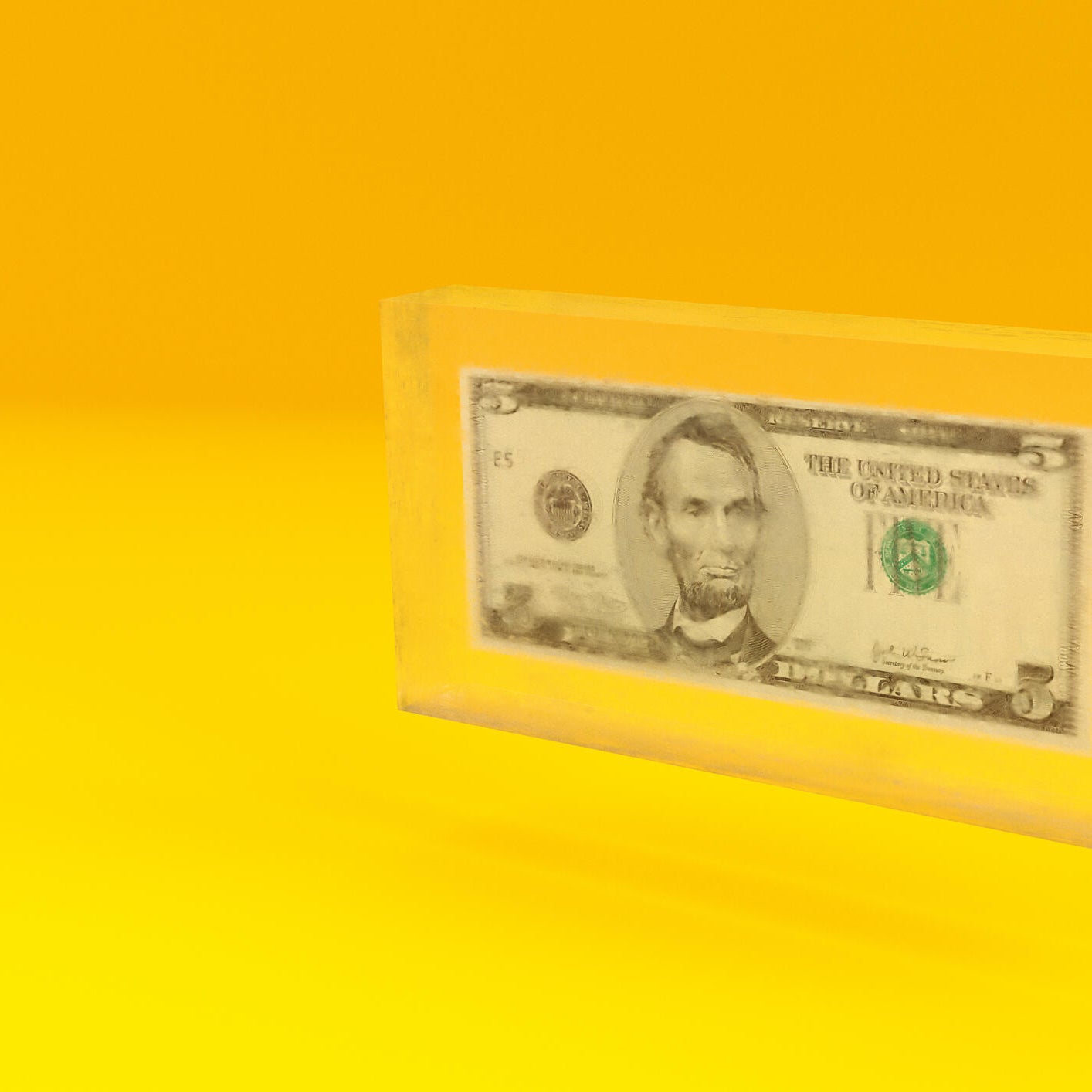Can a Debt Collector Freeze Your Bank Account? 3 Key Facts

Understanding the Risk of Debt Collectors Freezing Your Bank Account
With credit card balances exceeding $1.2 trillion nationwide and payment delinquency rates on the rise, many Americans are facing increasing financial pressure. As inflation remains high and interest rates stay elevated, it's becoming more challenging for cardholders to manage their debts. What might have started as a missed payment or two can quickly escalate into a series of issues, including debt collection calls, late fees, and damage to your credit score.
When you're dealing with debt in collection, the consequences go beyond just the constant calls and extra charges. In some cases, the fallout can be severe, such as having your bank account frozen by a debt collector. This situation can feel overwhelming—no warning, no access to your funds, and an immediate disruption to your finances.
While this scenario may seem extreme or unlikely, it's important to understand that there are legal protections in place. However, these protections don't always prevent debt collectors from taking aggressive actions. Below, we’ll explore what you need to know about whether a debt collector can legally freeze your bank account over an unpaid debt.
Three Key Things to Know About Debt Collectors and Bank Account Freezes
The short answer is yes, a debt collector can take steps to freeze your bank account. However, they cannot do so arbitrarily. They must follow specific legal procedures and obtain a court judgment first. Here’s what else you should know:
1. A Court Judgment Is Required
Before a debt collector can freeze your bank account, they must first obtain a legal judgment against you. This involves filing a lawsuit, serving you with proper legal notice, and winning the case in court. The problem is that many people inadvertently allow default judgments to occur by ignoring court summonses. Once a judgment is obtained, the debt collector can request a court order to freeze and potentially seize funds from your account.
It’s important to note that the judgment process typically takes several months and involves multiple legal steps. You also have the right to defend yourself in court, negotiate payment arrangements, or challenge the validity of the debt. Taking these steps can help prevent the situation from escalating to the point of a frozen bank account or wage garnishment.
2. Certain Funds Are Protected from Garnishment
Even with a valid court judgment, debt collectors cannot access all the money in your account. Federal and state laws protect specific types of income from garnishment, including Social Security benefits, disability payments, unemployment benefits, veterans' benefits, and pension funds. These protected funds retain their exempt status even after being deposited into your bank account, though you may need to provide proof of their source to have them released.
Additionally, many states offer "head of household" exemptions that protect a portion of wages for individuals supporting dependents. Some states also provide exemptions for a certain amount of general funds, regardless of their source. However, the responsibility often falls on you to claim these exemptions and prove that your funds qualify for protection.
3. You Have Options Even After a Freeze Occurs
If your bank account has been frozen, it's crucial to remember that you’re not completely powerless. You can file an exemption claim with the court to have protected funds released, which can often happen within a few days if processed correctly. You may also be able to negotiate a payment plan or reach a settlement with the debt collector to have the freeze lifted in exchange for lump-sum or regular payments.
Some debt collectors are willing to settle to avoid the ongoing costs and complications of maintaining a bank levy. You can also challenge the underlying court judgment if you believe the debt is invalid, the amount is incorrect, or proper legal procedures were not followed.
The Bottom Line
While debt collectors can freeze your bank account under certain circumstances, they must follow strict legal procedures and obtain court approval first. If you're concerned about this possibility, the best way to protect yourself is to stay informed about the collection process, respond to legal notices promptly, and understand your rights under federal and state law. Ignoring the situation rarely helps, but taking proactive steps to address your debts and understand the collection process can give you greater control over your financial future.
Post a Comment for "Can a Debt Collector Freeze Your Bank Account? 3 Key Facts"
Post a Comment